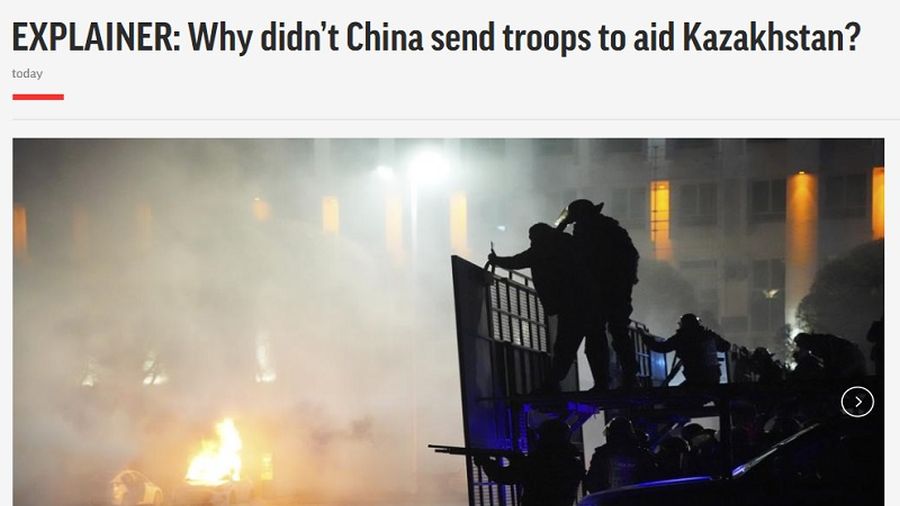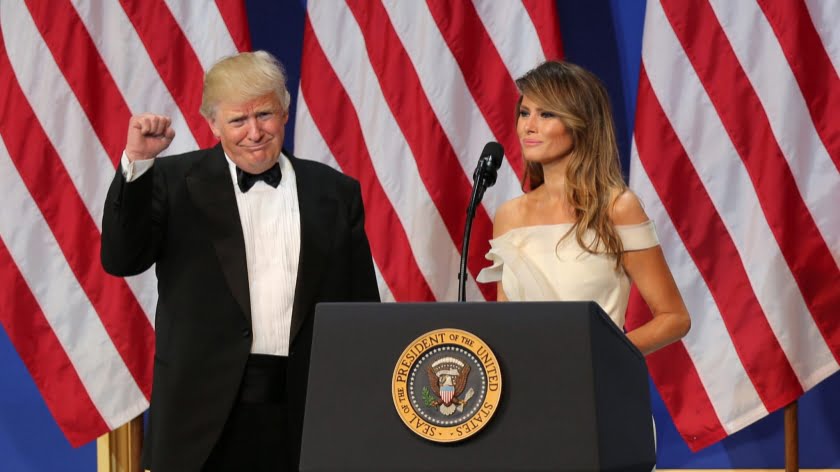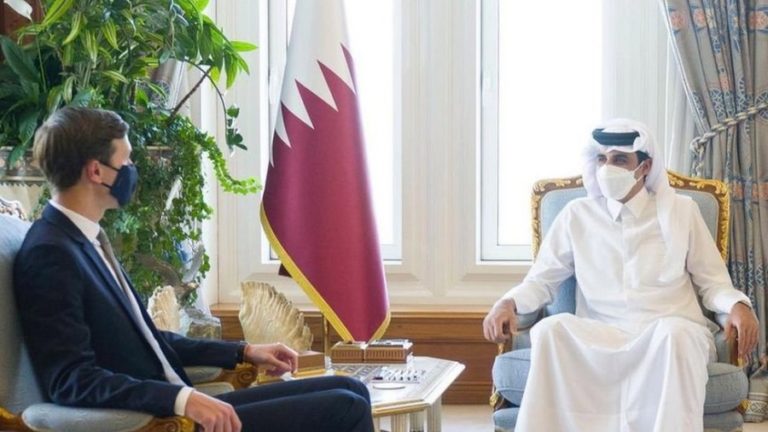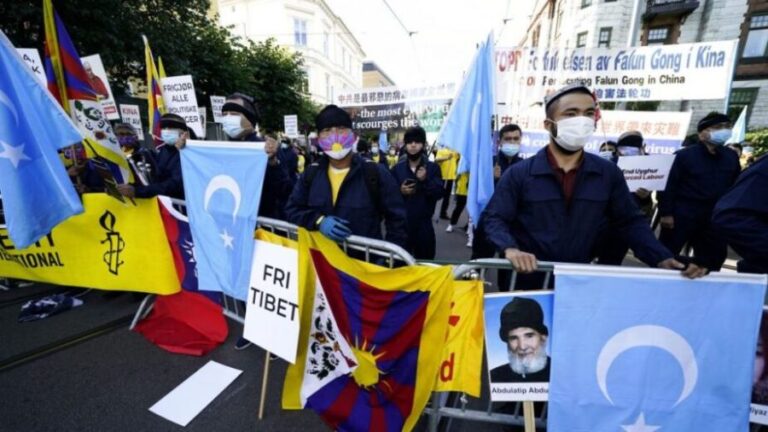It’s a Distraction to Discuss Why China Didn’t Dispatch Troops to Kazakhstan
This angle is meant to imply that Kazakhstan chose Russia over China for reasons that they then imply, whether through their own editorial voice or through the commentators who they quote, might have something to do with a quiet but growing competition between them for influence in Central Asia.
A growing number of US-led Western Mainstream Media outlets and their affiliates are increasingly discussing why China didn’t dispatch troops to Kazakhstan in response to last week’s Hybrid War of Terror against it. The latest one to do so is the Associated Press (AP), which published a piece on Friday titled: “EXPLAINER: Why didn’t China send troops to aid Kazakhstan?”. In truth, it’s a distraction to even discuss this topic for the reasons that’ll be explained in the present analysis.
The AP’s piece and others’ like it proceed from the false premise that there was even a realistic chance of China being requested to send peacekeeping forces to that neighboring nation. This angle is meant to imply that Kazakhstan chose Russia over China for reasons that they then imply, whether through their own editorial voice or through the commentators who they quote, might have something to do with a quiet but growing competition between them for influence in Central Asia.
The truth is that Kazakhstan is member of the CSTO mutual defense alliance so it’s natural that it would request its partners’ peacekeeping support during a crisis, especially since that bloc has trained for decades in responding to precisely the scenario that transpired last week. The SCO in which China participates has also trained for such scenarios but it’s not a mutual defense alliance, has been around for less time, and is comprised of a more diverse set of countries that might struggle to interoperate.
These observations are usually omitted from the US-led Western Mainstream Media’s pieces on this topic for reasons of “political convenient” since focusing on these facts takes away from their attempts to distract their audience with the implied narrative of some kind of Russian-Chinese competition in Central Asia. Furthermore, discussing this topic also serves as a pretext for speculating upon China’s long-term military-strategic intentions abroad.
That topic is very hot among Western commentators, who never tire about predicting that the People’s Republic will supposedly transform into a so-called “imperialist power” if they don’t misportray it as one already, that is. They mistakenly view China through their own Western historical and political paradigms to predict that it’ll inevitably follow the path of all Western hegemons, both prior and current. This is actually a form of academic, cultural, and historiographical imperialism.
To explain, projecting one’s own subjective experience that was brought about as a result of unique socio-cultural, economic, political, and historical factors onto another whose aforesaid experiences are entirely different is the wrong way to approach their civilizationally dissimilar counterparts. Whether conscious of it or not, those who do so imply that their unique paths are the only such ones that anyone is capable of following, which hints that others have no choice but to do the same no matter what.
This might at the least be an “innocent” mistake by those who do so or a deliberate manipulation of the topical discussion at the very worst. It should be assumed that casual observers (i.e. non-professional commentators about current events like average folks who simply share their views on social media) are “innocent” unless proven otherwise while professional ones who do this in the US-led Western Mainstream Media should be assumed to have ulterior motives given the self-interests involved.
Objective observers would do well to remember that the US’ hegemonically motivated establishment forces and those foreign ones that are under its influence aren’t discussing why China didn’t dispatch troops to Kazakhstan because they’re genuinely curious about why that was. They knew the answer to that question before they even publicly asked since it’s obvious to anyone who’s aware of the facts that were earlier shared in this analysis.
Rather, they’re driven by the desire to manipulatively exploit that artificially premised question as the inroad for implying some sort of Russian-Chinese competition in Central Asia and to subsequently speculate about China’s supposedly “imperial” long-term military-strategic intentions. The international audience shouldn’t fall for this distraction. There’s no reason to even discuss this subject. Those who continue to do so have ulterior motives and their commentary therefore can’t be trusted.







